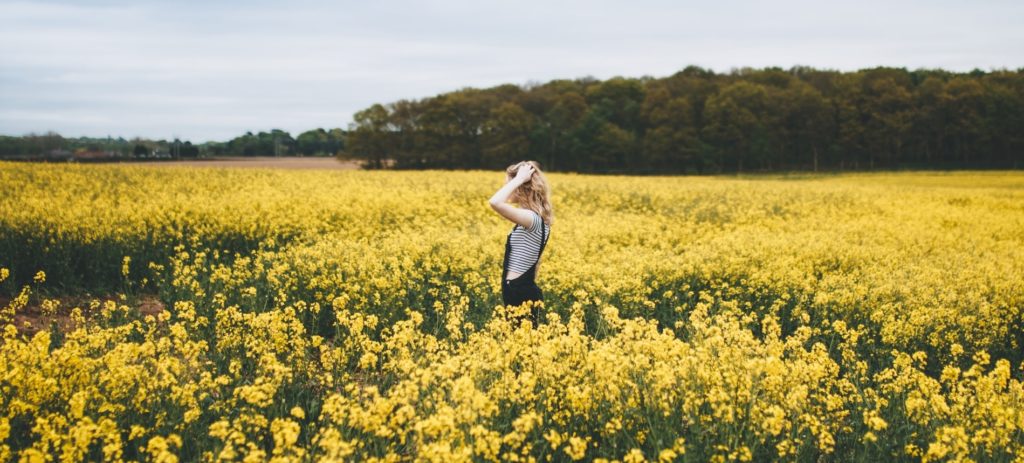SLU Grogrund, the center for plant breeding of food crops, is launching a project to develop new varieties of rapeseed, aiming to use it for protein.
The project envisions that Sweden needs to increase its self-sufficiency in terms of food and reduce waste by utilizing the whole plant. The project is a collaboration between researchers at SLU, Lantmännen Ek För, researchers at Lund University and Gunnarshög Gård AB.
The project is a part of the operations within SLU Grogrund – Centre for Breeding of Food Crops, a national centre that was established in 2018 at the Swedish University of Agricultural Sciences (SLU).
SLU Grogrund is one of the largest applied initiatives that was launched to achieve the goals of the Swedish national food strategy, which aims to increase the production of sustainable Swedish foods and promote bioeocnomy.
Rapeseed is a well-known sustainable oil crop that is grown in Sweden. The rapeseed cake, a by-product of oil extraction, is used as fodder for livestock, but the amino acid composition of protein in the rapeseed cake is as healthy as the one in soymeal. However, like many other species of the Mustard family, the rapeseed cake also contains antinutritional substances that taste bitter and that can be toxic. That is why rapeseed cake is unsuitable for human consumption and can only be used as livestock feed in small doses.
Making rapeseed cakes tastier
The project “Improvement of rapeseed cake quality for high-value fodder and human consumption,” within SLU Grogrund, strives to remove the unfavourable substances in rapeseed seeds through plant breeding. This way the cake can used to feed livestock and for extraction of a plant-based protein for human consumption.
The project aims to develop new varieties without, or with reduced levels of bitter and adverse substances, expanding the potential applications for human consumption, while increasing the value of the rapeseed cake as animal feed in the meantime.
“Due to its bitterness, the use of rape oilseed cake for animal feed is very restricted. This project provides an opportunity to develop new, less bitter rapeseed varieties. We hope that we will be able to use the oilseed cake as a high-value source of protein for human consumption too,” says Li-Hua Zhu, Professor in plant breeding at SLU in Alnarp.
Rapeseed protein is already on the market, but since the process of separating the unfavorable substances is cumbersome and costly, it is only done on a small scale and the final products become expensive. But scientists from SLU are hoping to reduce these costs through breeding
A new better tasting product would provide a higher quality animal feed and give the rapeseed growers a chance to sell their produce for a higher price, says Anja Persson at Gunnarshög Gård AB, one of the project partners.
To speed up the breeding process, this five-year project will develop DNA markers for the specific properties by using the information from other crop varieties.
“We will look at three substances, compared with prior studies and, eventually, focusing only on one of the three. We want to get rid of the unfavorable properties while keeping the good ones,” says Elisabeth Gunnarsson, rapeseed breeder at Lantmännen Ek För.
